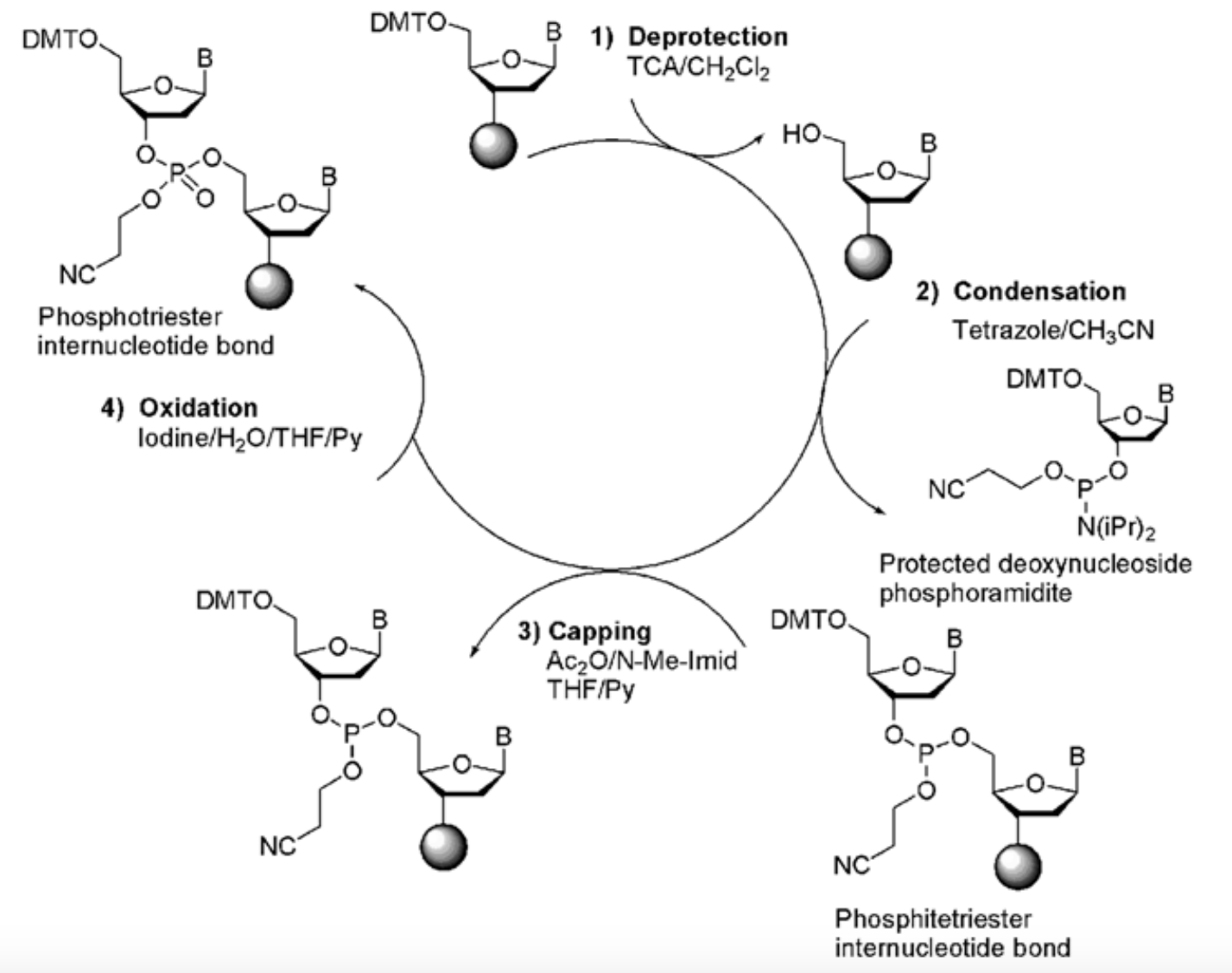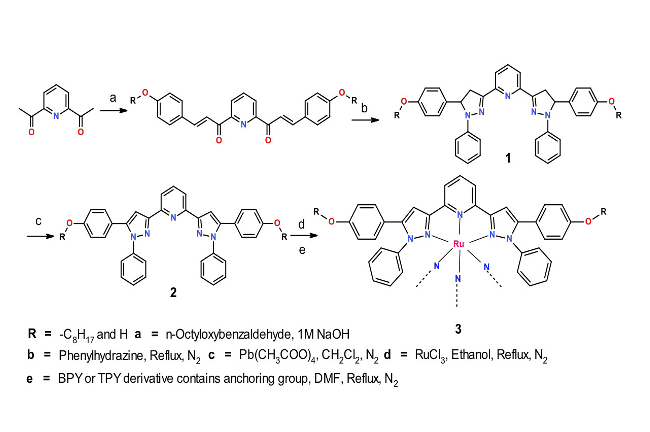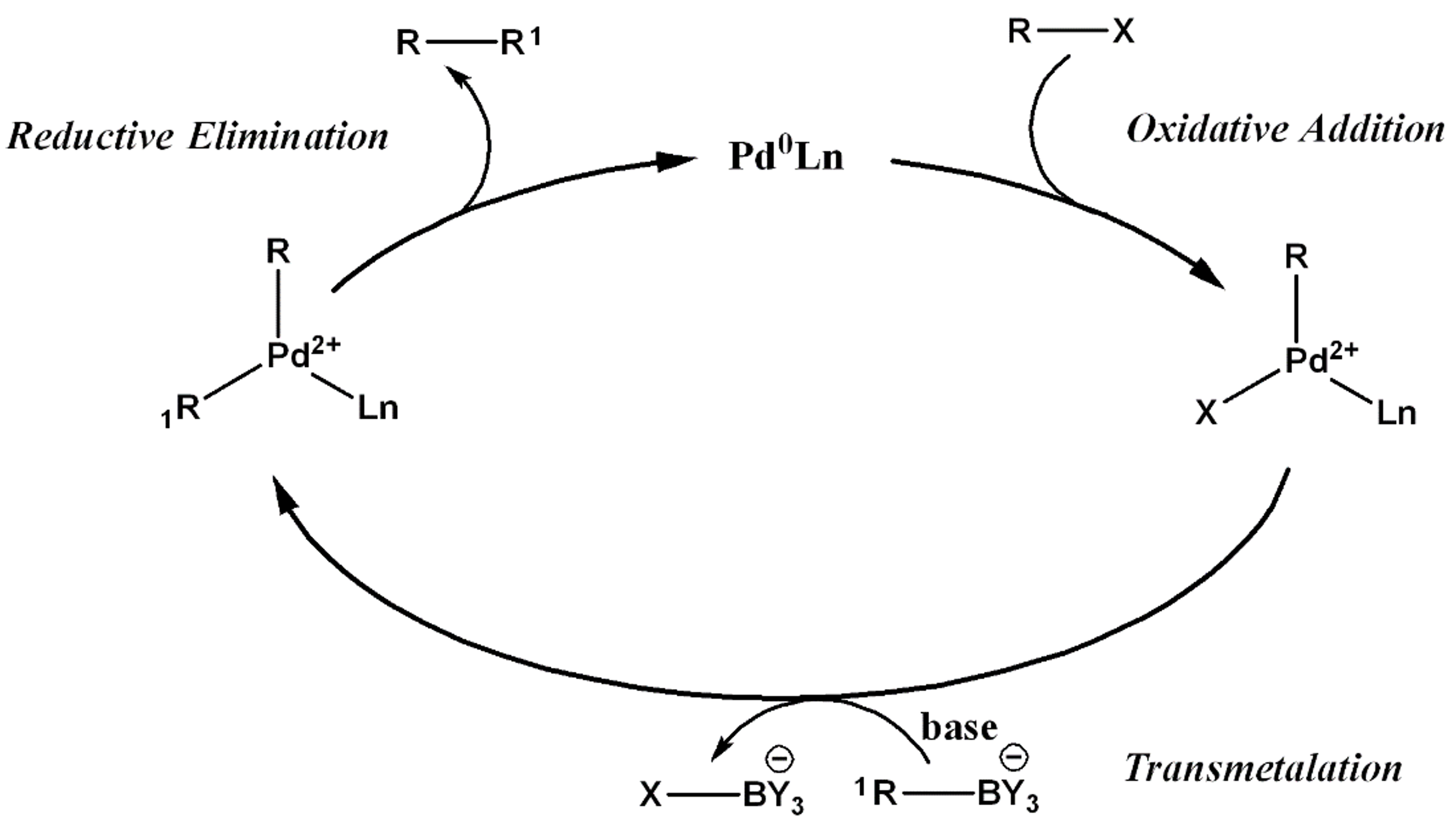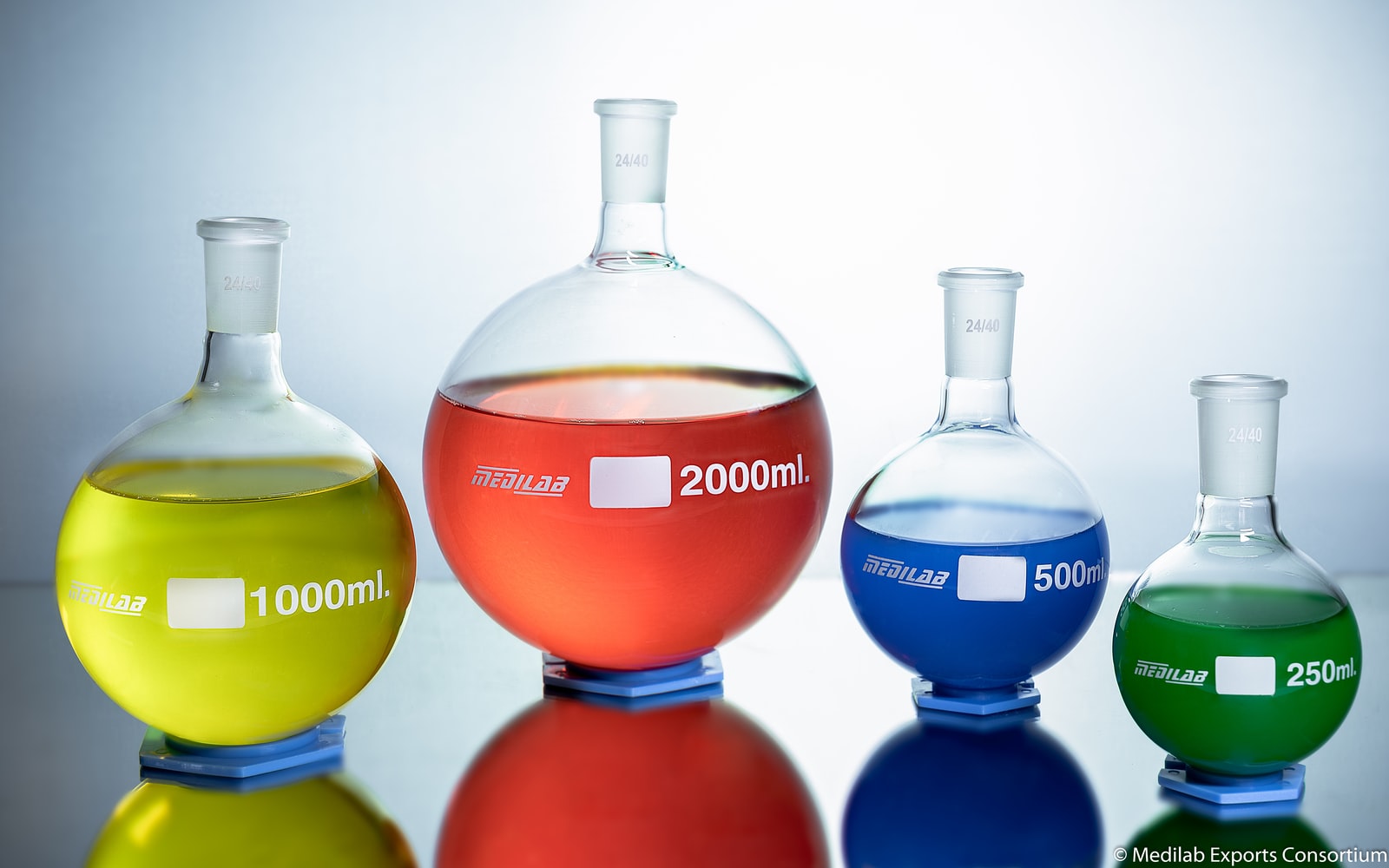
Oligonucleotide Synthesis
Oligonucleotide synthesis is the process of chemically synthesizing short sequences of nucleotides, typically ranging from a few bases to around 100 bases in length. These synthetic oligonucleotides can be used in various applications, including research, diagnostics, therapeutics, and biotechnology. The synthesis of oligonucleotides involves the stepwise addition of nucleotide building blocks onto a growing chain….

Photosensitizers
Energy is a basic need and essential for the earth’s life. The increasing consumption of non-renewable energies such as fossil fuels has caused an adverse effect on eco-systems, causing pollution and global warming, leading to focusing on sustainable and renewable energy sources. Two crucial renewable energy sources are a significant focus in the 21st century…

Catalysis
Over 80% of the manufactured product involves catalysis at some point during the processing.6 It is vital for economic and commercial success and environmental sustainability as it improves the use of resources and increases energy efficiency. In this regard, transition metal catalysts are widely used in modern synthesis due to their reaction diversity to enable…

Fluorescent sensors
Metal ions such as zinc, copper, and iron are essential for enzymatic reactions and biological processes, whereas cadmium, mercury, and lead are hazardous to human health.1 Hence, detecting metal ions from the environment and biological samples has gained interest among scientists, including chemists, environmentalists, and clinical biochemists. Several traditional methods that detect metal cations, such…
